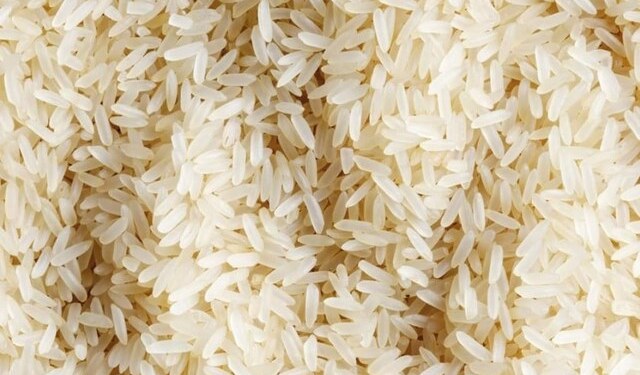By Prak Chan Thul
PHNOM PENH (Reuters) – Cambodian businesses and unions urged the European Union on Monday to not withdraw trade preferences from Cambodia over human rights concerns, saying such a decision would pose serious economic damage and harm millions of workers and their families.
The EU warned last year that it would strip Cambodia of its “Everything but Arms” (EBA) duty-free trading access, after long-time Prime Minister Hun Sen won every seat in a July general election following a crackdown on the opposition.
The 28-country bloc is Cambodia’s biggest export market, worth billions of euros a year.
A letter addressed to EU Trade Commissioner Cecilia Malmstrom and seen by Reuters said the trade threat was most concerning for Cambodia’s rural women. “(They) make up 85 percent of the 700,000 garment workers and (are) therefore most likely to suffer … from the social and economic repercussions of any change to the status quo,” it said.
The EBA withdrawal would threaten the income of another 3 million people, said the letter, which was signed by some pro-government unions, and the European and American Chambers of Commerce in Cambodia, among others.
“We ask the European Commission instead to examine the current situation through the context of Cambodia’s difficult history,” the letter said.
The Garment Manufacturers Association of Cambodia (GMAC) and the American Chamber of Commerce, two of the 40 signatories, confirmed the authenticity of the letter.
The EU’s Ambassador to Cambodia, George Edgar, did not immediately respond to a request from Reuters for comment.
In a tweet on Monday, Malmstrom said she had discussed the EBA agreement and the possibility of a withdrawal of the tariff preferences with Cambodia’s Foreign Minister Prak Sokhonn.
“Reiterated our concerns on democracy, human rights and rule of law. The EU continues to keep the path of dialogue open,” she said on Twitter.
Brussels began a formal procedure in October to strip the Southeast Asian nation of its special trade status, which could impose tariffs within 12 months on Cambodian sugar, garments and other exports and make the country less attractive for retailers exporting to Europe.
In 2017, Cambodia’s Supreme Court dissolved the main opposition Cambodia National Rescue Party (CNRP) and banned 118 party members at the request of the government after accusations the party was plotting to take power with the help of the United States. The party and the United States denied any such plot.
CNRP leader Kem Sokha was released from prison in September after spending more than a year in jail on treason charges but remains under house arrest in Phnom Penh.
He denies any wrongdoing. Fearing arrest, other senior party members have left the country.
Fusion Media or anyone involved with Fusion Media will not accept any liability for loss or damage as a result of reliance on the information including data, quotes, charts and buy/sell signals contained within this website. Please be fully informed regarding the risks and costs associated with trading the financial markets, it is one of the riskiest investment forms possible.
Source: Investing.com


























